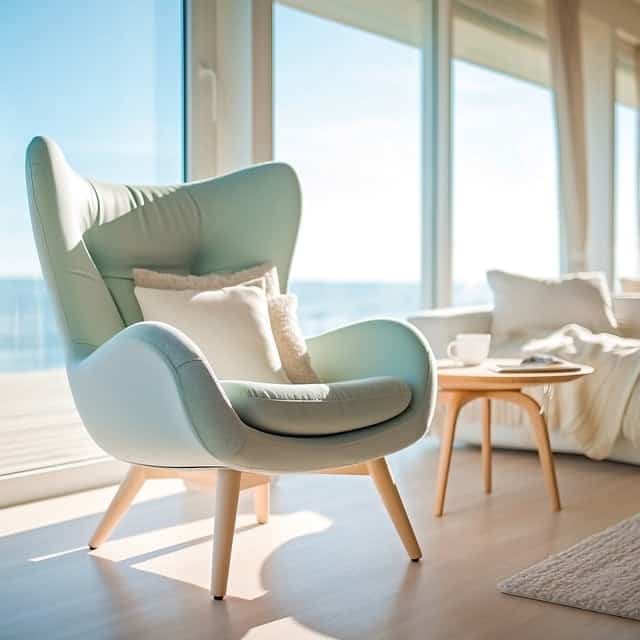Extending Your Property For An Elderly Relative – A Guide
Table of Contents
Having a parent or elderly relative come to live with you and your family is certainly an adjustment, but for many people, it’s a worthwhile one. That’s because, quite obviously, caring for someone who may lack the kind of mobility or capability they once enjoyed is much easier if they’re in constant proximity to you.
However, not all familial households are large and equipped enough to deal with a new tenant. That being said, for those willing to invest, this could spark justification for a renovation or even one-story extension into your property. This way, your elderly relative could move in, you could increase the number of bedrooms and valuation of your household, and secure a rare win-win in the property market.
But how might you go about such renovations? In this post, we’ll discuss that and more:
Accessible Bathroom Fittings
The best thing about creating a newly renovated area or extension for your elderly relative is that mobility aids, such as those provided by mobility2you, can be implemented without worrying about retrofitting an already busy bathroom. You might implement a sit-in-shower that can be easily used to wash with some independence without causing harm to joints or forcing them to stand in a wet environment.
You can install accessible grab bars, a raised toilet for easy sitting, or non-slip flooring. It all counts and can ensure your loved one is able to care for themselves and retain their dignity despite experiencing age and the physical limitations this can come with. While your relative might not be 100% independent, investments like this are designed to help them become the most independent they can be. This also saves you time and grants you peace of mind.
Remain Mindful Of Elevations
When we get older, it’s easy for inclines and declines or steps to become less comfortable to mount or move over. If possible, aim for a single-level living area. This might mean converting a ground floor room into a bedroom or building a ground floor extension.
If stairs just have to be part of your property change, consider installing a stairlift. It’s a big investment sure, but it can make a huge difference in quality of life and prevent areas of your home from being inaccessible to your loved one. At the very least, ensure all staircases have sturdy handrails on both sides, or a ramp can be used over single steps.
That also means paying attention to thresholds between rooms. Think of your relative and what they may have difficulty with. Think of how mobility could be used to move around the property. It’ll all make a difference.
Locks, Security & Independent Entrances
It’s important to note that your elderly relative isn’t a child, and they deserve their own independence and privacy. That might involve creating a separate entrance. This allows your relative to come and go as they please without disturbing the rest of the household if needed.
Moreover, think about security and safety, while also considering accessibility for them. Traditional key locks can be tricky for arthritic hands. Consider keyless entry systems or smart locks that can be operated with a code or even a smartphone if needed, but of course, traditional locks are always better than nothing. Also, make sure the path from the door is clear and well lit and that it deters thieves or those who may break in. An alarm system your relative can trigger can also help you understand if anything is amiss.
Noise Exposure
While you don’t have to necessarily worry about the usual living sounds of a household, it’s important to note that constant drone or sleep interference can cause discomfort for anyone living in this area, let alone an elderly relative.
This is especially important if your relative’s living area is near high-traffic areas of the house. As such, you could consider installing sound-dampening insulation on walls and ceilings. Double-glazed windows can also help reduce outside noise if you live near a round. If you’re adding a new room, you can think about its placement in relation to noisier areas of the house, like the kitchen or living room, where a TV might be playing at night.
Remember, it’s not just about reducing noise for your relative’s benefit. They might have different sleep schedules or TV habits that could disturb the rest of the family. Good soundproofing also works both ways.
With this advice, we hope you can more easily extend your property, even for an elderly relative going forward.



